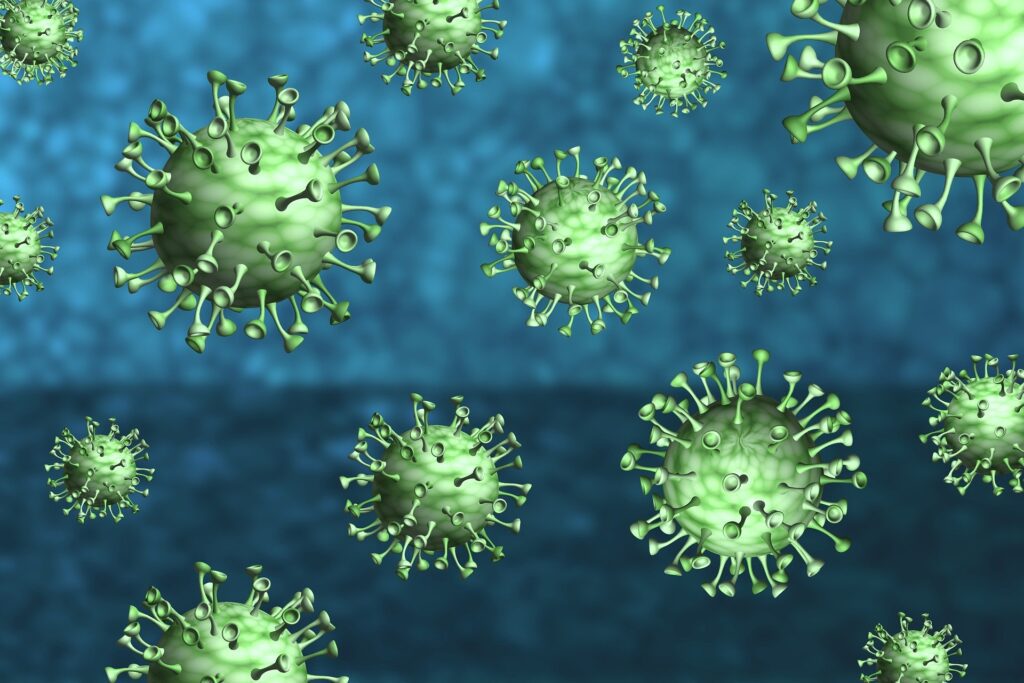The dangers of the COVID-19 or coronavirus pandemic are causing a lot of fear all over the country. It’s a smart move to take necessary precautions and follow the guidelines put forth by local, state, and federal agencies because lives truly are at stake. It’s also a good idea to maintain a cool head and logical mind, because the COVID-19 pandemic is also spawning a lot of panic-based myths. Put on your science-based thinking caps and take our quiz on COVID-19 myths to learn fact from fiction when it comes to the COVID-19 pandemic.
1.) Which of the following is TRUE about how your geographic location can affect your chances of getting COVID-19?
- Being in the sun and in temperatures over 77 degrees Fahrenheit prevents COVID-19.
- Being in hot, humid climates protects you from getting COVID-19.
- The COVID-19 virus can be transmitted in all areas, no matter the weather or climate.
- Cold weather and snow can kill the COVID-19 virus.
2.) True or False? The COVID-19 virus cannot be spread on 5G mobile networks or radio waves, but only through coming into contact with the respiratory droplets of someone who is infected.
3.) Which of the following is the only reliable test to determine if you are free from the coronavirus disease?
-
If you can hold your breath for 10 seconds or more without coughing or feeling discomfort.
- A laboratory test.
- If you have a fever.
- If you have a dry cough.
4.) True or False? The coronavirus only affects the elderly, so young people do not need to worry about it.
5.) Which of the following is the only behavior that is scientifically proven to lessen your chances of contracting COVID-19?
- Drinking alcohol frequently or excessively.
- Eating raw garlic.
- Spraying alcohol or chlorine all over your body.
- Following quarantine and social distancing measures, and washing your hands frequently and thoroughly with soap and water or a hand sanitizer with at least 60% alcohol content.
6.) True or False? Using a thermal scanner to detect if people have a fever is a good way to know if someone is infected with coronavirus.
7.) Which of the following is recommended for preventing the coronavirus?
- Taking a hot bath.
- Using hand dryers to kill the virus.
- Using a UV disinfection lamp on your skin, even though UV radiation will cause skin irritation.
- None of the above
8.) True or False? Mosquitoes can transmit the COVID-19 virus from person to person.
9.) Which of the following medicines or medical options will protect from or treat the coronavirus?
- Vaccines against pneumonia, like the pneumococcal vaccine and the Haemophilus influenza type B (Hib) vaccine.
- Regularly rinsing your nose’s nasal passages with saline.
- Antibiotics.
- None of the above
10.) True or False? Once you’ve contracted COVID-19, you will have it for life.
Compiled by ERIKA ALDRICH/ Information provided by World Health Organization
ANSWERS:
- C. The COVID-19 virus can be transmitted in all areas. Neither heat nor cold has been shown to affect transmission of the COVID-19 virus.
- True. The COVID-19 virus cannot be spread via 5G mobile networks or radio waves; the only way to contract the virus is by coming in contact with the respiratory secretions of an infected individual.
- B. A laboratory test. Only a test conducted in a laboratory can determine if you are infected or not.
- False. Those who are elderly or have a compromised immune system are not able to fight off the virus as well as those with a healthy immune system, but young people can contract, spread, and die from COVID-19.
- D. Following quarantine and social distancing measures, and washing your hands frequently and thoroughly with soap and water or a hand sanitizer with at least 60% alcohol content. All of the rest have not been shown to be effective at preventing the coronavirus.
- False. On average, those infected with the coronavirus take 2 to 10 days to show symptoms, like fever. An infected person can still spread coronavirus before they show symptoms.
- D. None of the above. None of the options has been shown to prevent COVID-19.
- False. There is no information or evidence to date that mosquitoes can spread coronavirus.
- D. None of the above. There are not yet any vaccines or medicines that will prevent or cure COVID-19. Research is on-going, and medical care aids recovery.
- False. If infected, your body will fight the virus and eliminate it from your body. Medical care is required if symptoms become severe.
